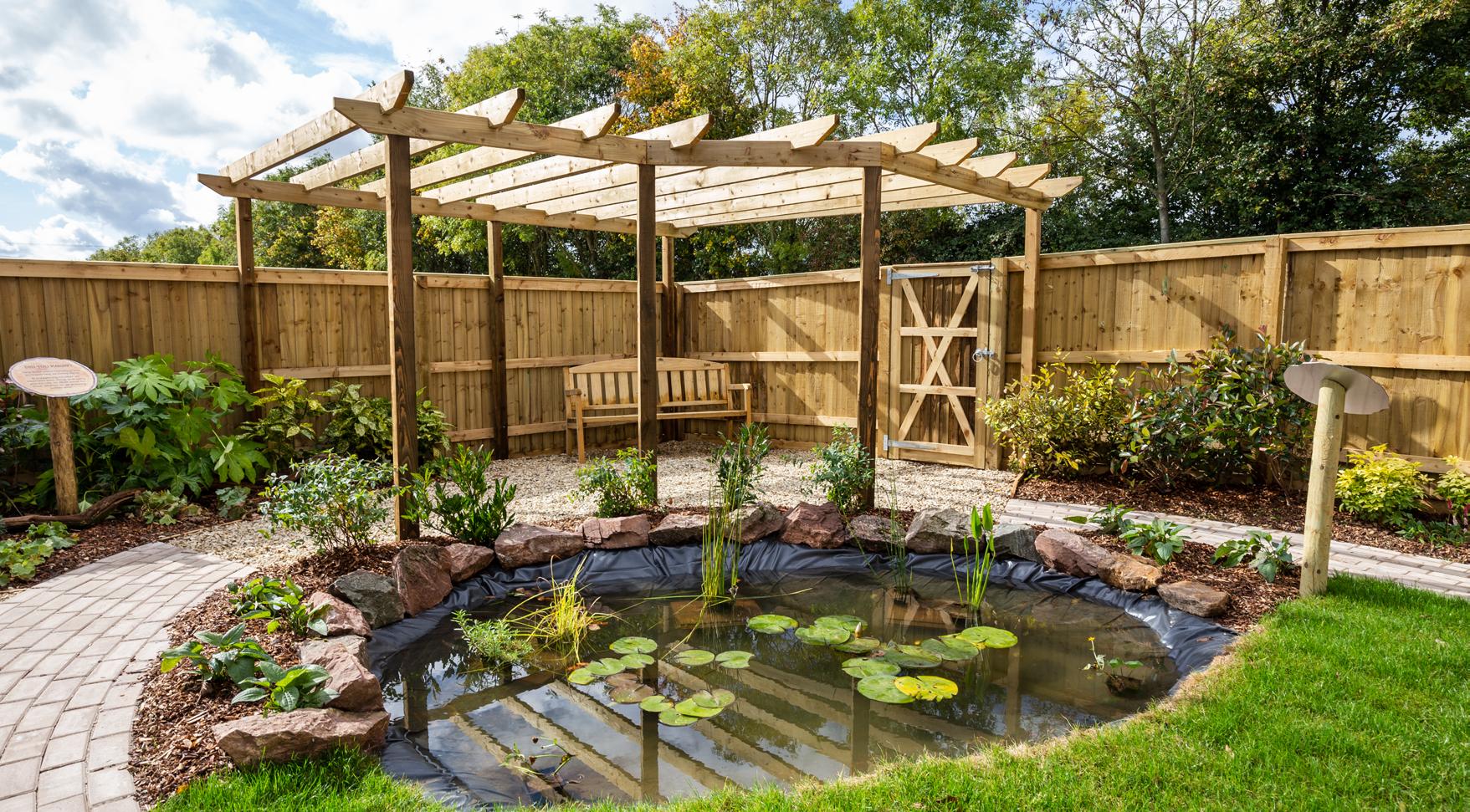
3 minute read
Barratt Developments and wildlife charity
Barratt boosting wildlife with more nature friendly housing for Bristol, Somerset and Gloucestershire
New £1m initiative launching in Spring 2021 supporting communities to help nature thrive Barratt Developments and wildlife charity RSPB are raising the bar for nature friendly housing across Bristol, Somerset and Gloucestershire by announcing a new goal for their ongoing partnership. By 2023 Barratt will further prioritise wildlife on all of its new developments by creating dedicated space for local biodiversity conservation, installing a range of wildlife friendly features and following expert RSPB advice. Beyond 2023 the goal is to have at least 10% more wildlife habitats in and around developments, delivering a clear biodiversity net gain.
Advertisement
Within two years every new development in Bristol, Somerset and Gloucestershire will be provided with the guidance and tools to include wildlife friendly features into its public open spaces including plans to create climate resilient landscapes. More trees will be planted each year and the company is transitioning to become peat free. Every new show home garden will follow strict RSPB guidance which prioritises wildlife through specialist planting and landscaping, with at least 50% of the gardens to receive special RSPB commendations. Many of the new developments will also feature more hedgehog highways and swift nesting sites. Coat Grove, a development in Martock of 120 two, three and four-bedroom homes, features RSPB Gold standard designed gardens which include a range of features from bird and bat boxes to hedgehog highways, ponds and habitats for frogs, toads, newts and more.
Barratt Developments, parent company of Barratt Homes and David Wilson Homes, is currently building thousands of homes across the South West, including at Ladden Garden Village, Yate and Northfields Park, Patchway.
Having already installed hundreds of the swift bricks now its goal is to install several thousand around the country.As part of the ongoing partnership, Barratt is also investing £1m in an exciting new project with the RSPB to support people to help nature thrive in their gardens, balconies and eventually their community greenspaces.
Back in 2018 Barratt became the first housebuilder to target 10 cities around the country with swift nesting bricks developed with the RSPB.
Launching in Spring 21 and called Nature on Your Doorstep, the project will deliver the resources, connections and inspiration that will empower people to create their own havens for wildlife where they live.

The project will focus on the development of digital resources and an online community that brings people together to share their stories, tips and advice on the best ways to look after nature near them. With local nature habitats in serious trouble and 40 million birds having vanished from the skies in the last half century, every community has a role to play in tackling the ecological and climate emergency. The actions taken for nature by individuals or communities together, such as welcoming wildlife into gardens or greenspace, will make a really big difference.


Ian Menham, West regional director for Barratt Developments said: "As the country's leading national sustainable housebuilder looking after nature is integral to the work that we continuously do through our partnership with RSPB. This is why we are committing to boosting wildlife and building nature friendly developments across the South West. And, through the exciting new £1m project with the RSPB, we look forward to developing new digital resources that will connect and inspire homeowners to help nature on their doorstep."
How does your risk of Type 2 diabetes measure up?
Your age, family history, ethnicity and weight can all put you at risk of getting Type 2 diabetes. Your local Healthier You service delivered for free (by WW) may be able to help you. Here you’ll get all the support you need to make positive lifestyle changes and lower your risk.
Are you at risk? Check for free at ww.com/uk/diabetes-risk-assessment








